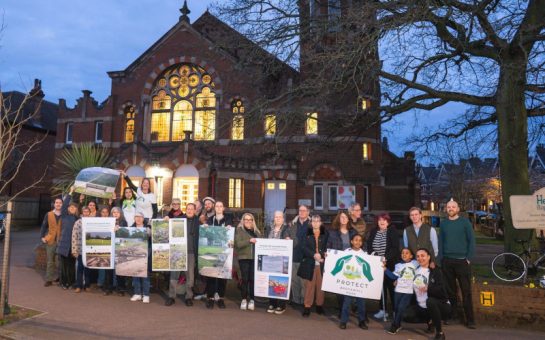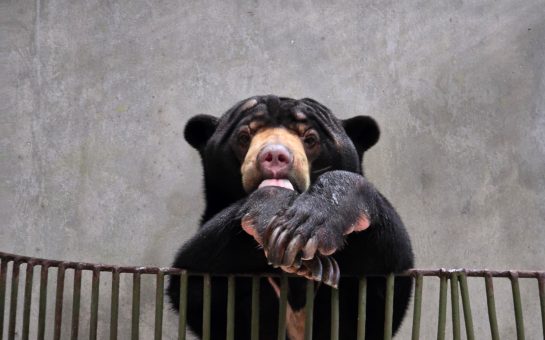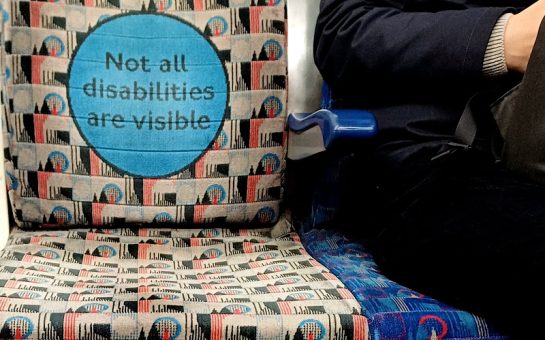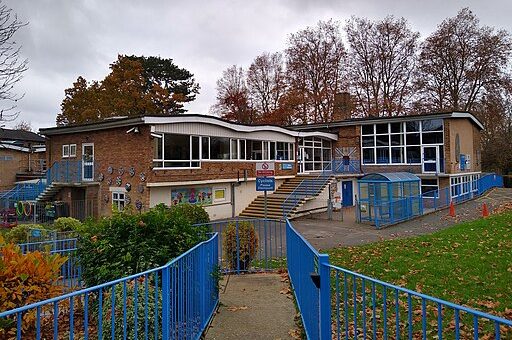The industrial equivalent has been banned by the EU.

Wimbledon beekeepers are concerned about government plans to continue the sale of domestic pesticides whose industrial equivalents have been banned by the EU.
Neonicotinoids, a form of pesticide that is believed to affect the navigational abilities of bees, have been banned for use on flowering crops for the next two years. The chemical works as a ‘seed treatment’, and contaminates the nectar and pollen produced, making bees unable to ‘forage’, or to locate their hive.
Two producers of the chemical, Syngenta and Bayer CropScience, are challenging the ban, which will come into force on December 1. A petition calling for them to drop the case on the website sumofus.org has gathered 189,000 signatories.
Dave Charnley, Secretary of the Wimbledon Bee Keepers Association (WBKA), has kept bees for four years and said that the ban will bring a greater benefit to rural beekeepers, who are worst hit by the industrial use of pesticides.
“If we can ban pesticides, bees are going to survive better,” he said.
“Your next door neighbour could be using loads of pesticides on his roses—the bees hop over the fence, take the pesticide into their hives, and begin losing navigational sense.”
He likened the effect of pesticides within a hive, which could house 35,000 bees at the height of summer, to the spread of disease.
Mr Charnley revealed that the WBKA had been approached by Centre Court Shopping Centre to offer advice about the installation of ten beehives on the roof, a move pioneered by the Princesshay mall in Exeter.
Citing the request as ‘environmentally-friendly box ticking,’ Mr Charnley said that the plan was ‘not something we as beekeepers would want to be involved in’ due to a lack of organisation. He was concerned by a failure to identify who would take responsibility for the bees, or ensure the safety of shoppers and staff should the bees swarm.
With the right planning, rooftop beehives can be a success, said Mr Charnely.
There are moves that can be taken by gardeners to make their land more attractive to bees. Certain plants are known to help pollinators, such as lavender, and common British wildflowers.
Head of the House of Commons Environmental Audit Committee, Joan Walley MP, was a vocal critic of the government’s stance.
“There is no justification for people using these products on their dahlias when they could be damaging pollinator populations,” she said in April.
“The Government should follow the UK’s leading garden retailers in recognising that action needs to be taken to save our bees.”
The government has questioned the science behind the ban and suggests that amateur gardeners should be able to continue using the chemicals. Homebase and B&Q have both voluntarily withdrawn domestic neonicotinoid products from sale, but they are still available from some outlets.
Photo courtesy of adstream, with thanks.
Follow us @SW_Londoner




